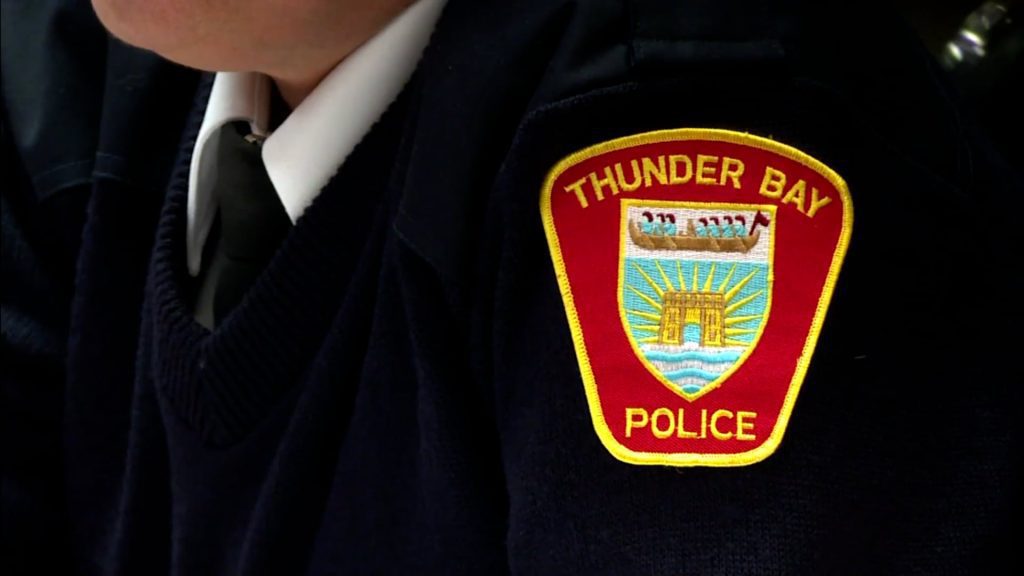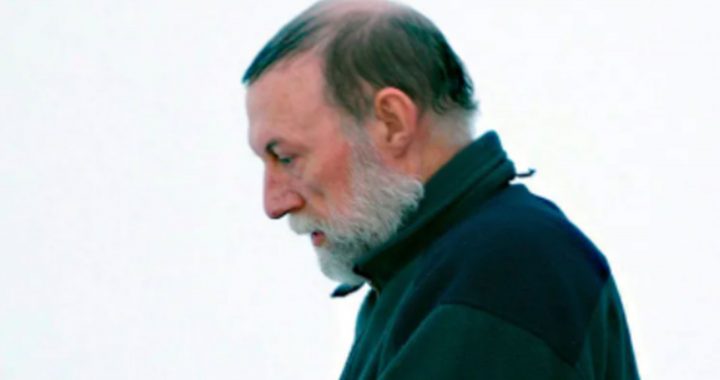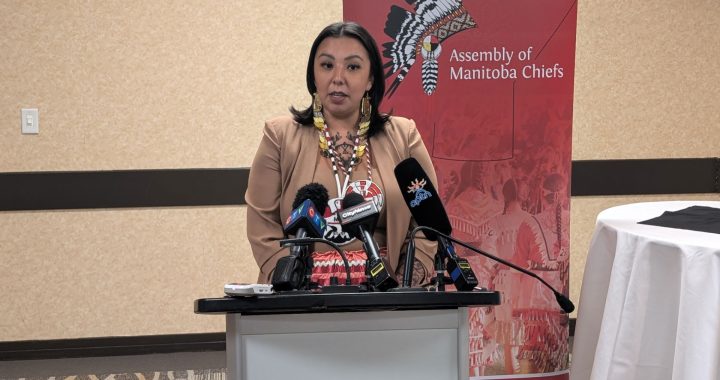
A close-up of the Thunder Bay Police logo on a uniform. Photo: APTN News
A forensic pathologist told a coroner’s inquest on Monday that a man who died from hypertensive heart disease while in Thunder Bay police custody might have survived if he had been assessed and sent to a hospital, though it’s difficult to know for sure.
Dr. Kona Williams testified in Thunder Bay, Ont., as part of an expert autopsy panel at the joint inquest probing the deaths of Roland McKay and Donald Mamakwa.
The First Nations men died at different times from medical conditions while in custody at Thunder Bay Police Service headquarters, after they were arrested on suspicion of public intoxication. Neither was assessed by a doctor or nurse before they died.
Williams said the heart disease McKay, 50, died from in 2017 is difficult to treat, but she testified that a person with elevated blood pressure like he had “should have been assessed medically and medically cleared.”
He might have survived if his blood pressure could have been lowered, she testified.
“It is possible that he might not have died, but I can’t say for sure,” she said.
She testified that in her opinion, alcohol did not contribute to McKay’s death.
Williams also testified about the combination of complications related to diabetes, sepsis and chronic alcoholism that likely contributed to 44-year-old Mamakwa’s death in 2014.
She said symptoms of ketoacidosis, assessed as a cause of death for Mamakwa, can be difficult for untrained people to recognize.
The condition is often related to diabetes, and Williams said the man’s chronic illness stood out as a major factor to her. It can also develop if someone is withdrawing from chronic alcohol use, she said.
As an expert, Williams said she would have be concerned that something else was wrong if a person suspected of being intoxicated did not appear to improve over time.
“If somebody is not what we call ‘sobering up’, there would be the concern, at least on my part as a physician, that something is going on with this person and that needs to be investigated,” she said.
The inquest has already heard that evidence is expected that both men had chances of survival if they had been taken to a hospital for treatment.
Last week, the inquest heard that Mamakwa was not medically assessed before he was arrested. He had also asked to a paramedic to take him to a hospital, but the paramedic, who did not assess Mamakwa, did not take him because he did not appear to be externally unwell.
Williams’ testimony also followed cellblock videos that showed Mamakwa moving about a cell with apparent difficulty, struggling to breathe and reaching out to ask for a drink in the hours before he died.
Inquest counsel has said witnesses are expected later on to testify that Mamakwa had a 97 per cent chance of surviving if he had been taken to a hospital.










